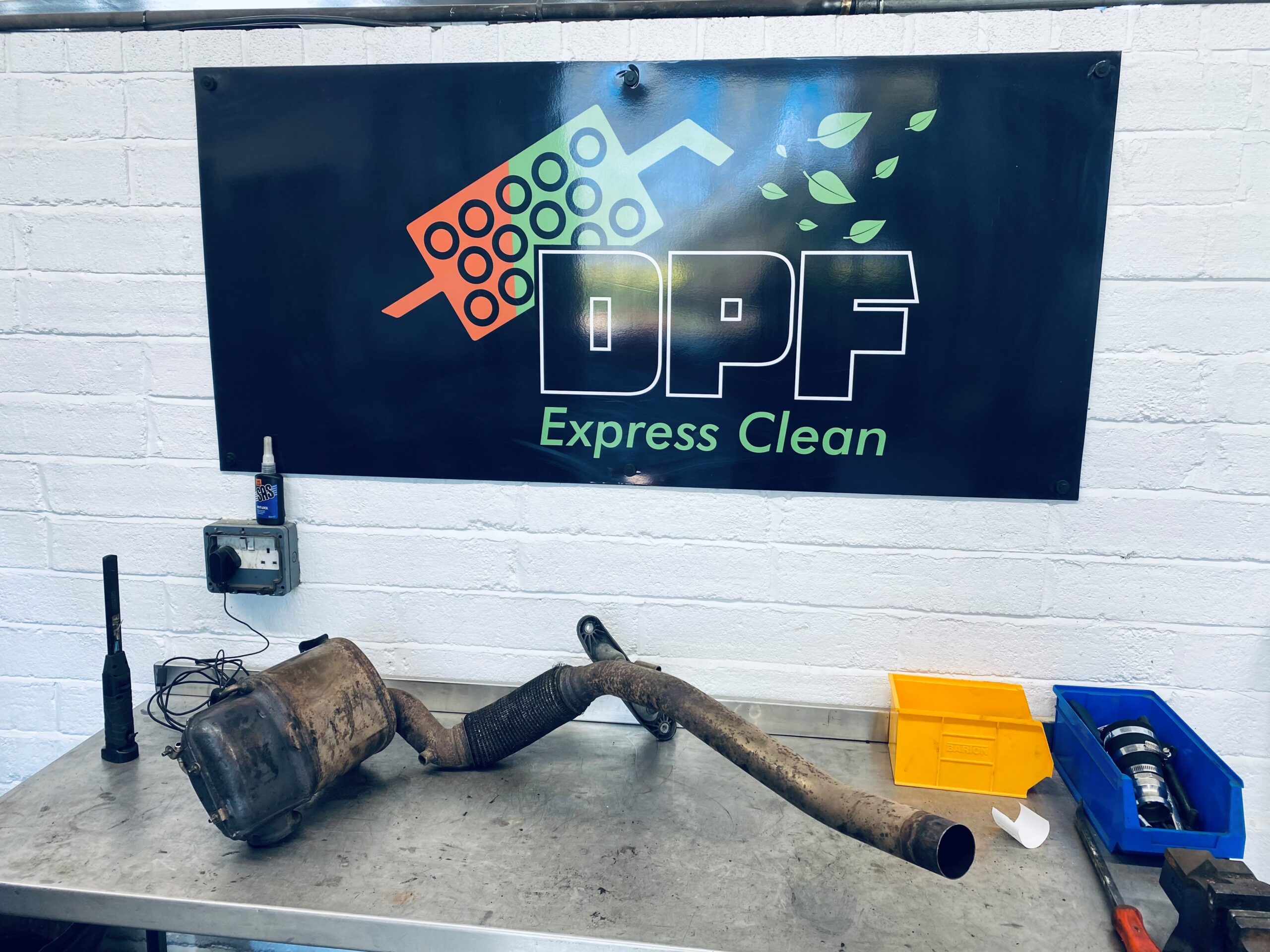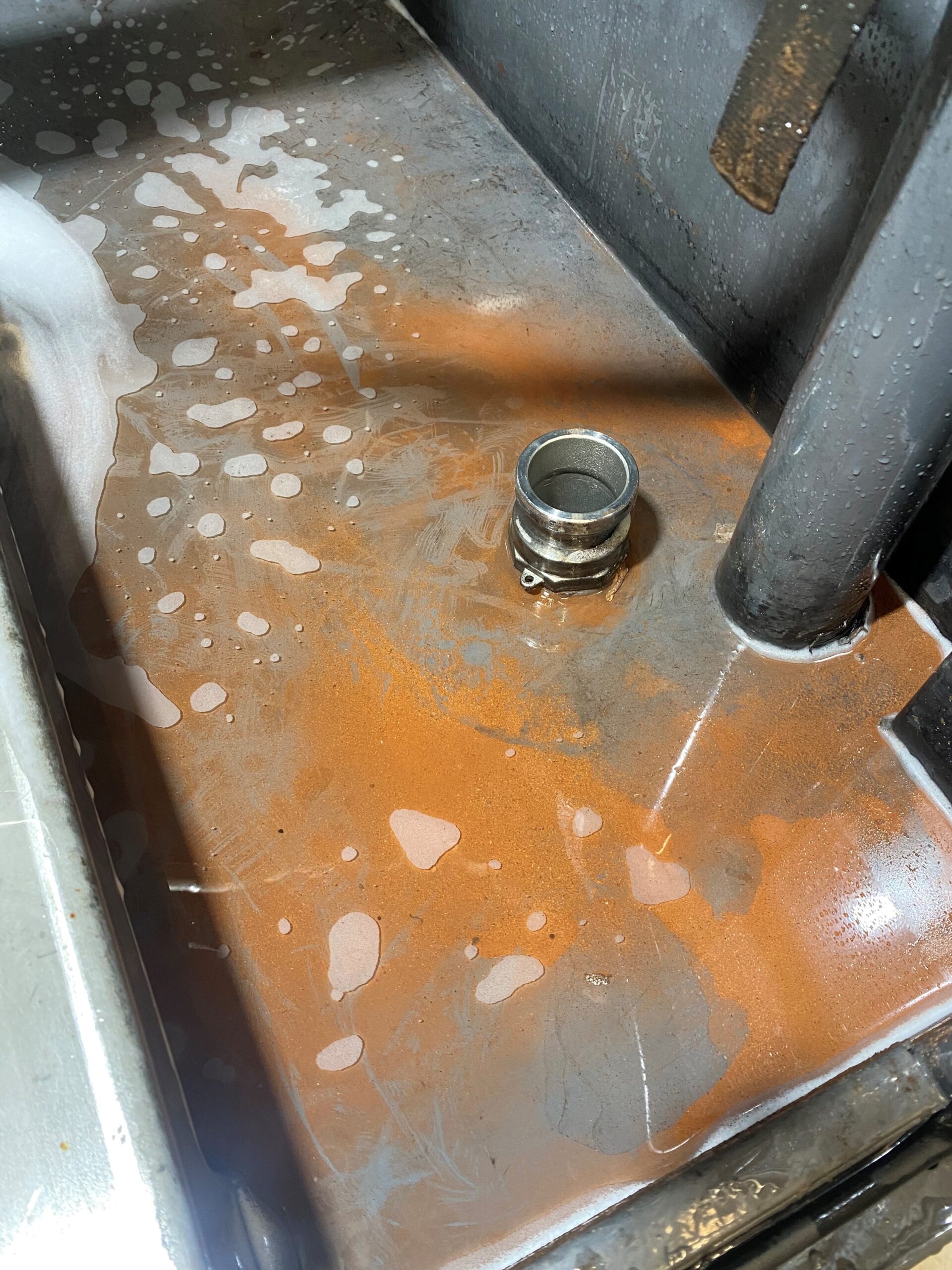
Diesel particulate filters (DPFs): What they are and how to maintain them
Most diesel vehicles are fitted with a diesel particulate filter in the exhaust system. But without proper maintenance or DPF cleaning, these components can have serious consequences on your vehicle and the planet. Here’s everything you need to know about DPFs and how to maintain them.
What is a diesel particulate filter (DPF)?
A diesel particulate filter (DPF) captures harmful matter from the exhaust gas of your diesel engine. But with a finite capacity to trap soot and other toxic particles, it’s important your DPF is regularly emptied, cleaned or has the regenerative functionality to burn off trapped matter. If your DPF is blocked, you could experience engine damage, reduced vehicle performance and increased fuel consumption.
Since the introduction of Euro 5 exhaust emissions legislation in 2009, DPFs have become a mandatory component with all modern diesel vehicles having at least one fitted in the exhaust system. If your vehicle predates 2009 and you want to check whether it has a DPF, contact our team today.

What causes a diesel particulate filter (DPF) to block?
A diesel particulate filter (DPF) can block for one or multiple reasons. Here are the usual causes for a blocked DPF:
- Regular short journeys
- Improper servicing and maintenance
- Using the wrong type of oil
- Using low-quality fuel
- Running your vehicle on low fuel
If your vehicle is well-maintained, you can expect a DPF to last up to 100,000 miles before it needs to be professionally cleaned or replaced. If you’re unsure on the health of your DPF, here’s what to look out for.
Do you need a diesel particulate filter (DPF) to pass an MOT?
Since 2014, a properly functioning DPF has become mandatory to pass your MOT test. If your filter has been removed, your vehicle will automatically fail on inspection.
How to clean a diesel particulate filter (DPF)?
To clean a diesel particulate filter, you can try one of two regenerative measures: passive and/or active.
Passive DPF regeneration
Passive DPF regeneration involves your vehicle running at a moderate speed for at least 30 minutes. This allows your exhaust temperature to increase and burn off excess soot trapped in the DPF. If you typically take short journeys under ten minutes, this could be the reason your DPF is struggling to regenerate.
Active DPF regeneration
Active DPF regeneration involves the automatic injection of additional fuel to raise the temperature of your exhaust system. A quick way to tell whether your vehicle has performed active regeneration is through a change in engine sound, increased fuel consumption, or a hot acidic smell coming from the exhaust.
DPF hydrodynamic cleaning technology
If you have no luck with passive or active DPF regeneration, you could get your filter professionally cleaned by using hydrodynamic technology.
At C R Allen & Sons, our cleaning technology uses no harmful chemicals and cleans up to 98% of soot from your filter with every flush. It also means you’re playing your part to protect the planet by lowering the demand for new parts to be manufactured. Plus, it’s a cheaper option to buying a new DPF. A win-win.
How often should you clean a diesel particulate filter (DPF)?
A diesel particulate filter (DPF) will typically need cleaning once a year or every 75,000 miles, whichever comes first. It can also depend on your vehicle make and model, driving style and the quality of fuel used to power your engine.
Book your DPF clean
To learn more about our hydrodynamic DPF cleaning technology or to book your clean, call 01273 584 987.